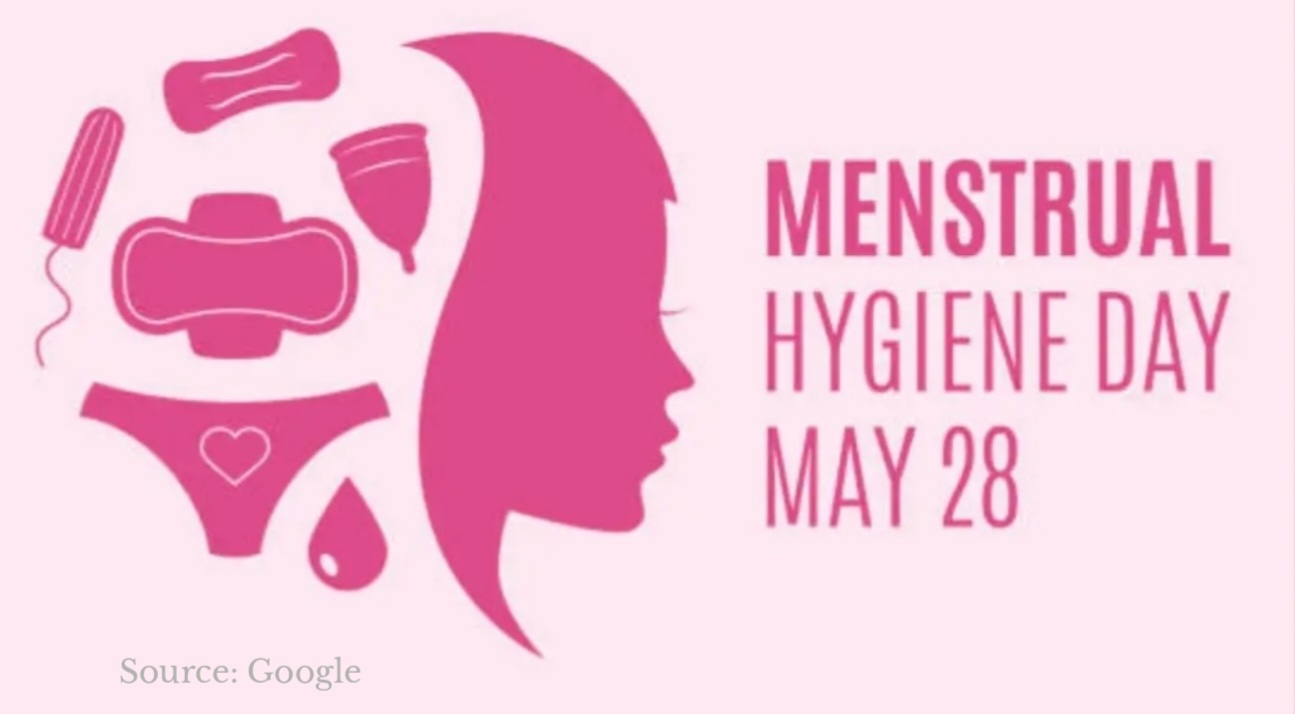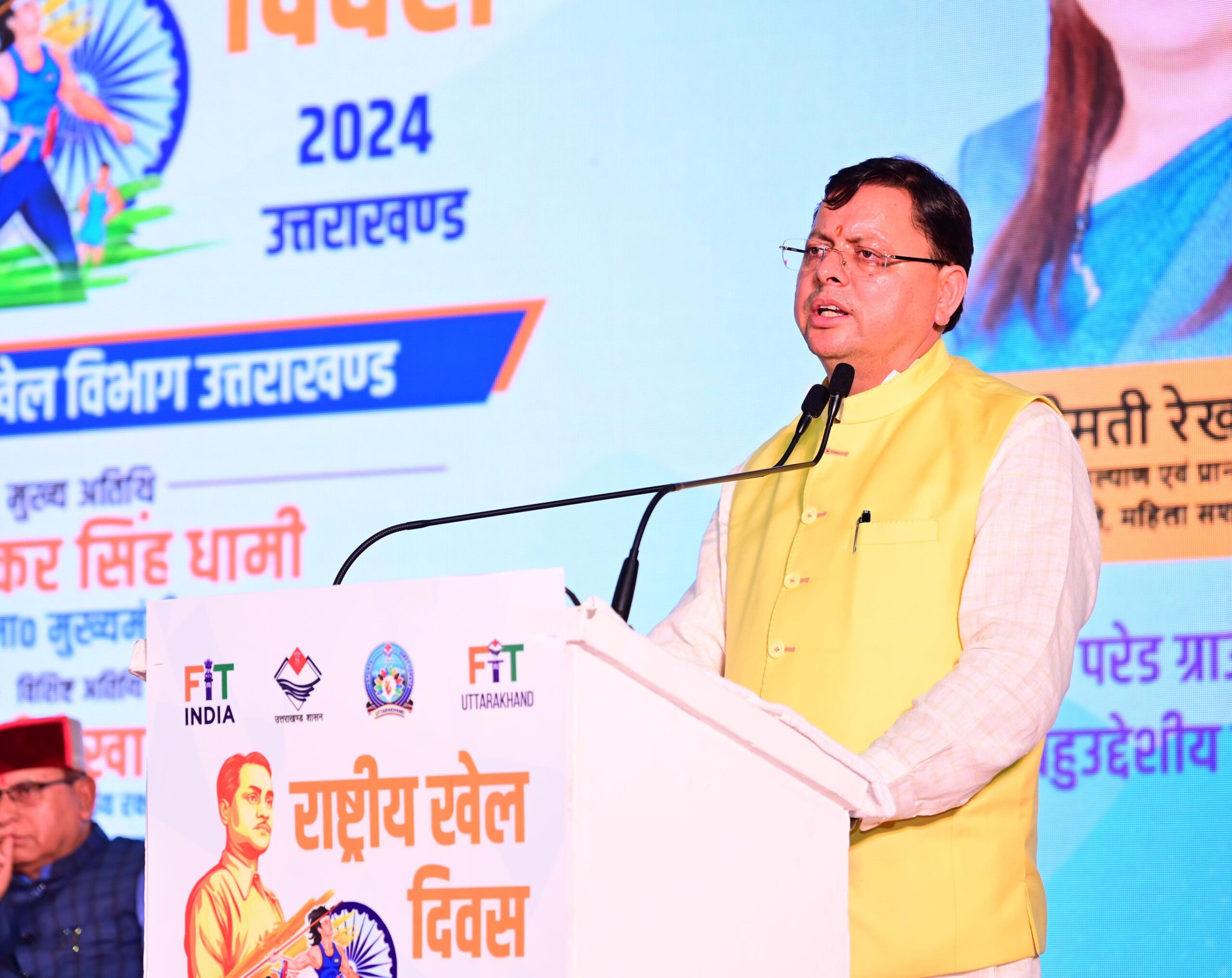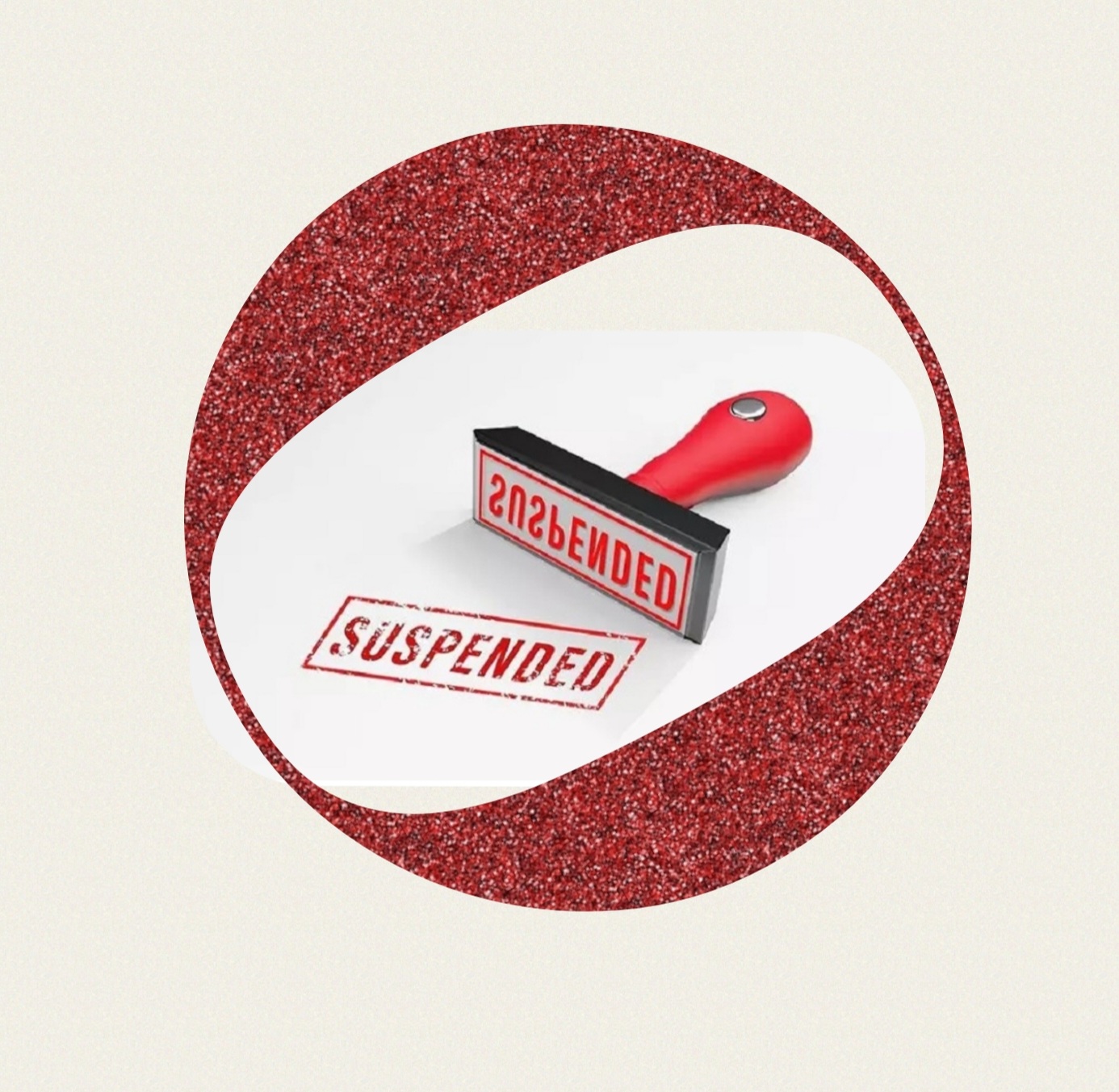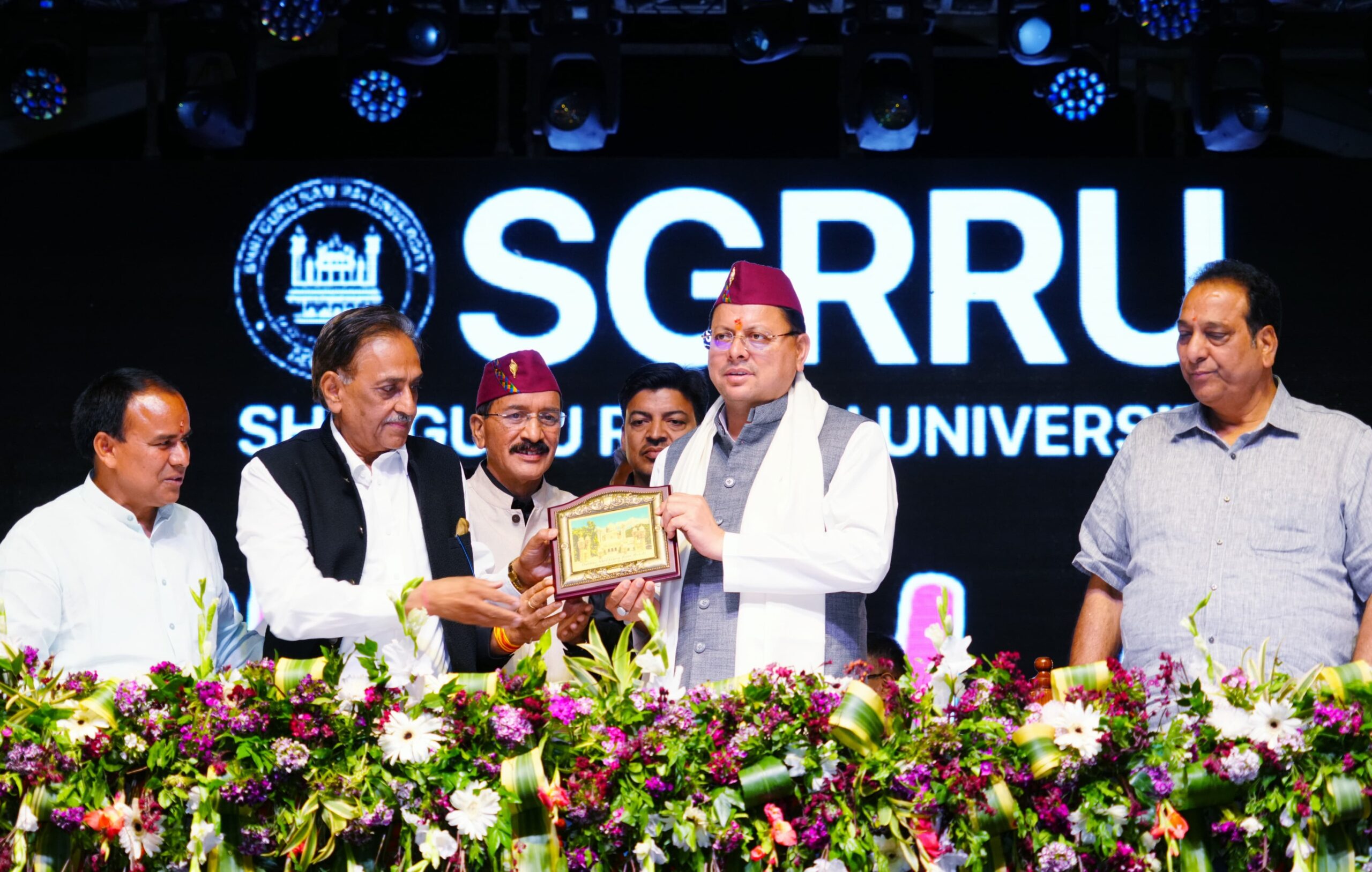As the world marks Menstrual Hygiene Day on May 28, advocates, educators, and health professionals are uniting under the global theme “Together for a #PeriodFriendlyWorld” to promote menstrual health, challenge taboos, and ensure access to safe and dignified menstrual care for all. Despite decades of advocacy, menstruation remains stigmatized, and many girls and women still lack access to basic sanitary products, clean water, private facilities, and adequate education. Governments, NGOs, educators, and businesses are intensifying campaigns to break the silence and promote menstrual equity — but major gaps persist.
Menstrual Hygiene Day, first initiated in 2014 by the German-based NGO WASH United, serves as a global platform to raise awareness about the importance of good menstrual hygiene management (MHM). Despite being a natural biological process, menstruation is still shrouded in stigma, misinformation, and shame in many parts of the world — affecting the health, education, and dignity of millions of girls and women.
In India and other developing countries, limited access to affordable sanitary products, inadequate sanitation facilities, and cultural taboos often force young girls to miss school or drop out altogether. According to UNICEF, 1 in 3 girls in South Asia misses school during her period due to a lack of proper facilities and support.
Dr. Anjali Mehta, a gynecologist and public health advocate, emphasizes the link between menstrual hygiene and overall health. “Poor menstrual hygiene can lead to reproductive tract infections, urinary tract infections, and long-term health issues. It’s not just a women’s issue — it’s a public health issue,” she said.
Organizations around the world are observing the day with awareness campaigns, distribution of sanitary products, and educational programs in schools and communities. In many places, boys are also being included in discussions to foster understanding and eliminate the stigma associated with menstruation.
Governments and policy makers are increasingly recognizing the need to prioritize menstrual hygiene. In India, the Menstrual Hygiene Scheme under the National Health Mission provides subsidized sanitary napkins to adolescent girls in rural areas. Meanwhile, several state governments have implemented free pad distribution programs in schools.
However, experts say more needs to be done. Advocates are calling for menstrual products to be made tax-free and universally accessible, comprehensive menstrual education to be included in school curricula, and better sanitation infrastructure in public spaces and schools.
Menstrual Hygiene Day is not just a day of awareness — it’s a call to action. A period should never be a barrier to education, employment, or dignity. As societies move forward, it is crucial to ensure that no one is left behind simply because of a natural biological process. It’s time to break the silence and create a world where menstruation is understood, accepted, and supported.



